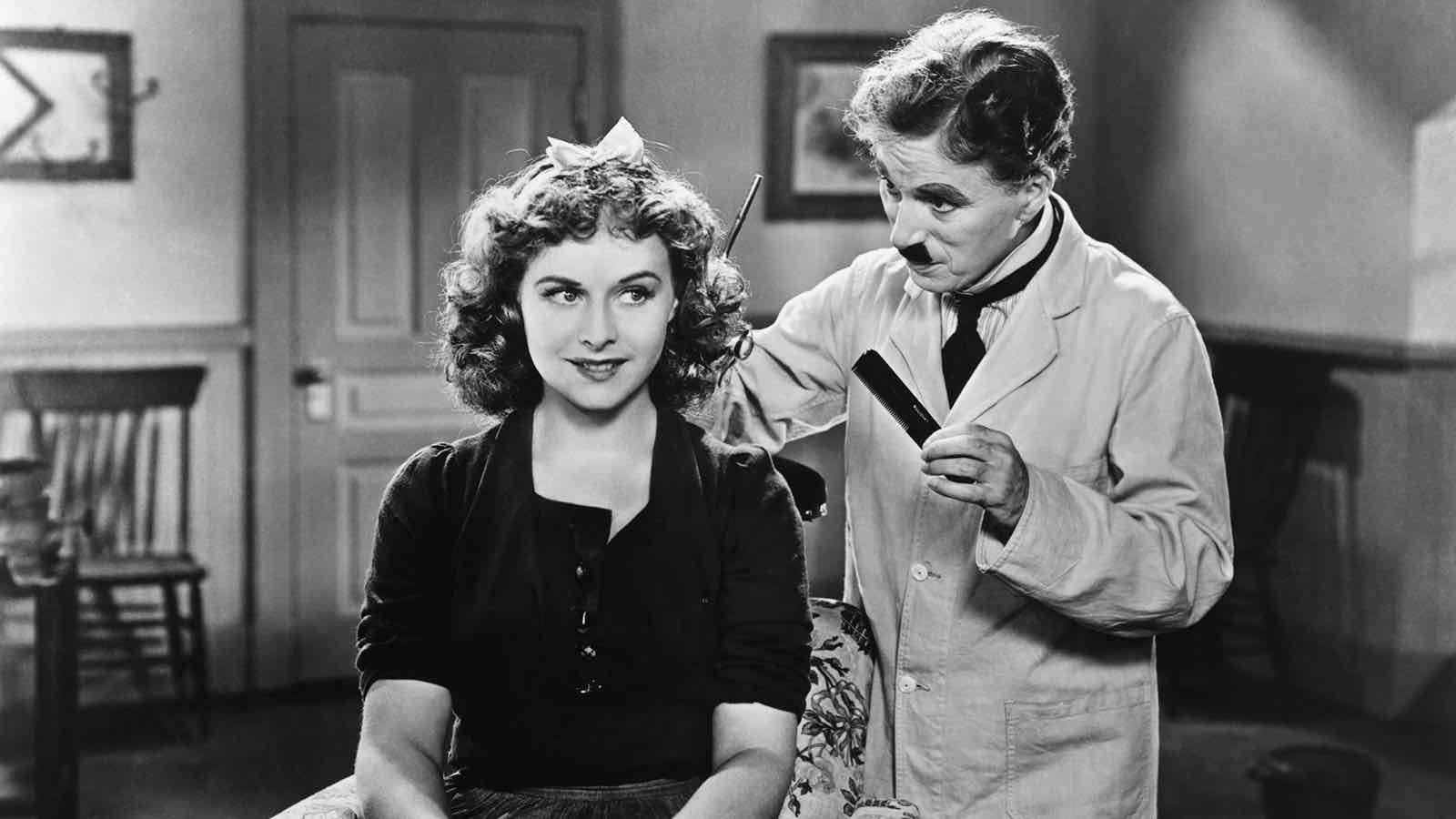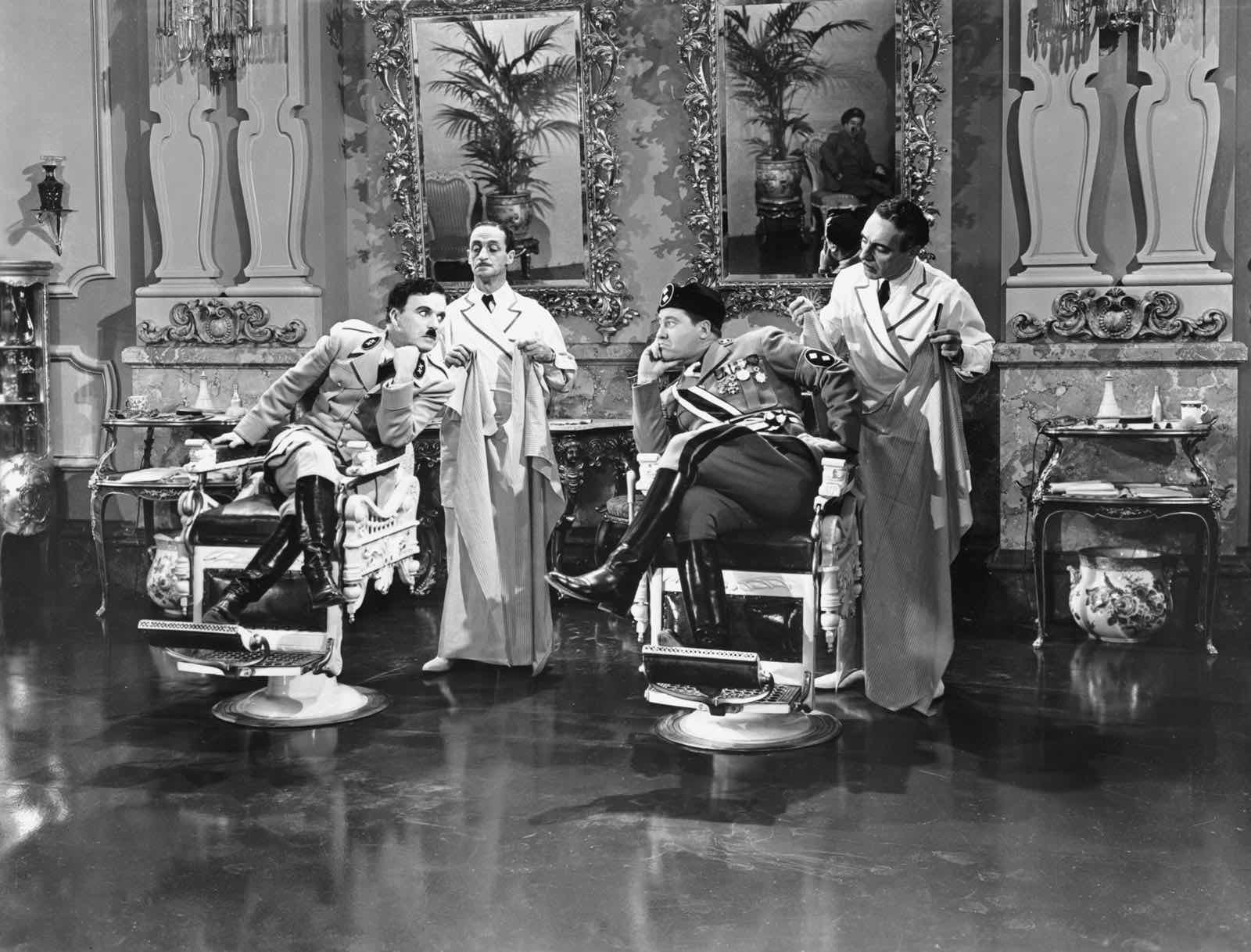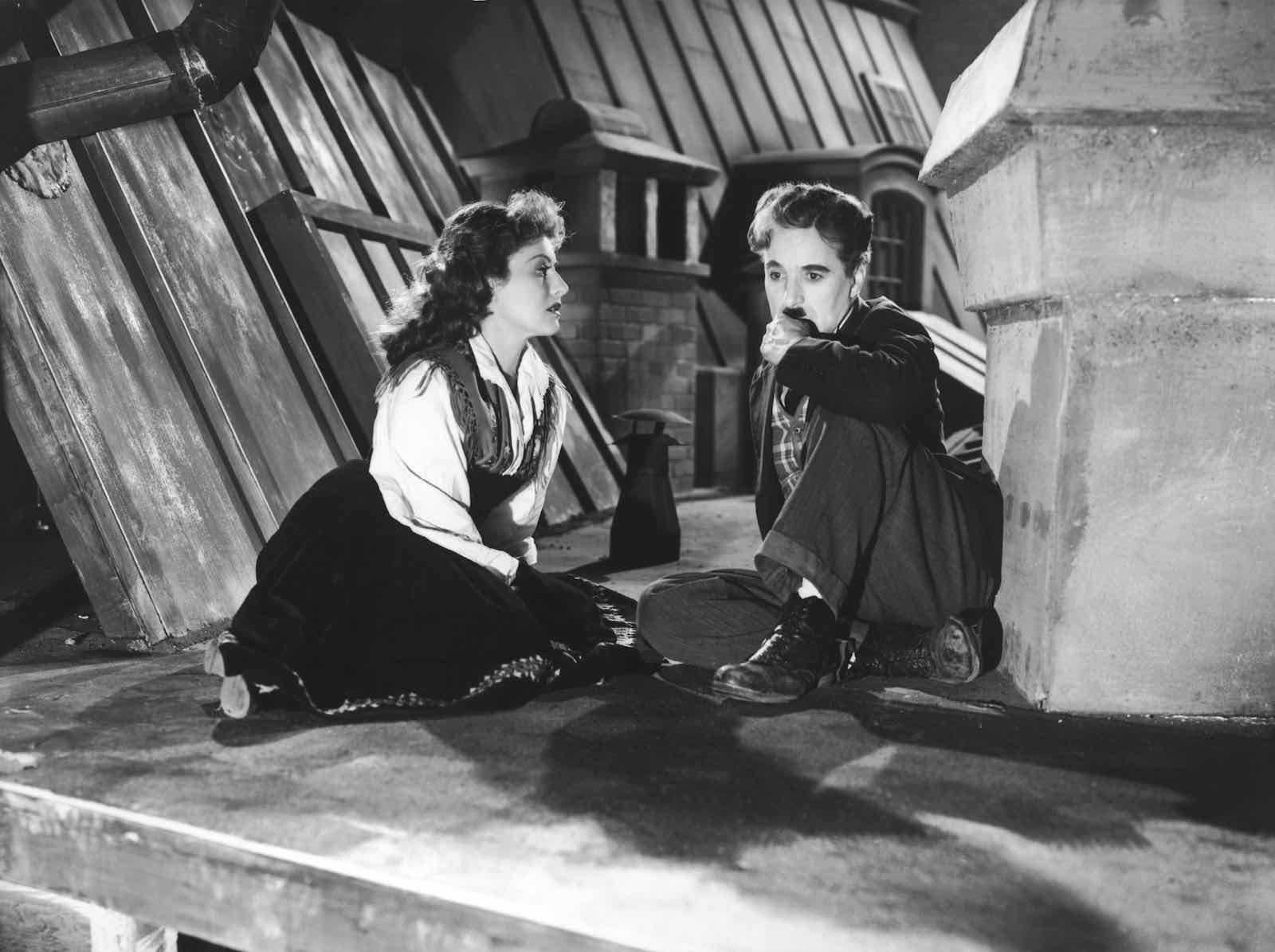Charlie Chaplin vs. Nazis: The stranger-than-fiction story
As news spread about the heinous, systematic genocide being acted out across Europe by Adolf Hitler’s Nazi Party, actor Charlie Chaplin felt he needed to scrape his latest film, a parody of fascism called The Great Dictator. When President Franklin D. Roosevelt sent Chaplin a personal message urging him to go forward with the movie, Chaplin decided to release it in 1940.
The Great Dictator went on to become Charlie Chaplin’s most commercially successful film, and it is considered one of the most important political satires in cinematic history. In the movie, Chaplin plays two characters in the fictional country Tomainia: a Jewish barber and the country’s autocratic ruler, Adenoid Hynkel.
Adenoid Hynkel is a character Charlie Chaplin created in order to undermine Adolf Hitler’s political agenda, an agenda centered around massacring Jewish people. Chaplin hoped to highlight the horrors of Antisemitism by contrasting the childish & doltish Hynkel with the compassionate barber. Using his own money, Chaplin used comedy to wage war against the Nazis.

An alternate ending
The Great Dictator’s plot employs a classic comedy trope: mistaken identity. Charlie Chaplin’s barber character assumes the identity of Adenoid Hynkel, using the opportunity to end the Toimanian regime’s reign of terror and reverse the real genocide unfolding in Europe at time.
Originally, Charlie Chaplin wanted the film to end with the barber addressing the nation with a wordless, slapstick dance routine. However, as the severity of the Nazi’s pogrom became more apparent, Chaplin chose a different ending.

Instead of waltzing, the barber in The Great Dictator gives a harrowing speech. “I should like to help everyone if possible. Jew-Gentile—Black Man, White,” he begins. “We don’t want to hate and despise one another. And this world has room for everyone, and the good Earth is rich can provide for everyone.”
An amazing instance of historical revisionism in cinema, this final speech provided by the Jewish barber in the guise of Adenoid Hynkel was written by Charlie Chaplin as a direct challenge to Adolf Hitler and his party’s objectives. Little did Chaplin know the message would actually reach Hitler.

Two private screenings
Adolf Hitler was more than a casual fan of Charlie Chaplin. He’d seen dozens of the comedian’s films by the time The Great Dictator was released. Motivated by his own well-documented vanity, Hitler requested a copy of the film despite Chaplin’s movies being banned in Germany as a result of the actor’s suspected Jewish heritage. Rumor has it Hitler watched The Great Dictator not just once, but twice.
Rumor also has it Adolf Hitler didn’t appreciate Charlie Chaplin’s impersonation of him. While some historians claim the film incited a major temper tantrum, others write Hitler simply laughed it off.
The Great Dictator did little to quell the Nazi Party’s holocaust, but Charlie Chaplin still used his platform to warn the world about the terror unfolding in Europe. By the end of 1945, as World War II came to a dramatic close, the incomprehensible extent of the massacre decreed by Adolf Hitler was crystal clear.



